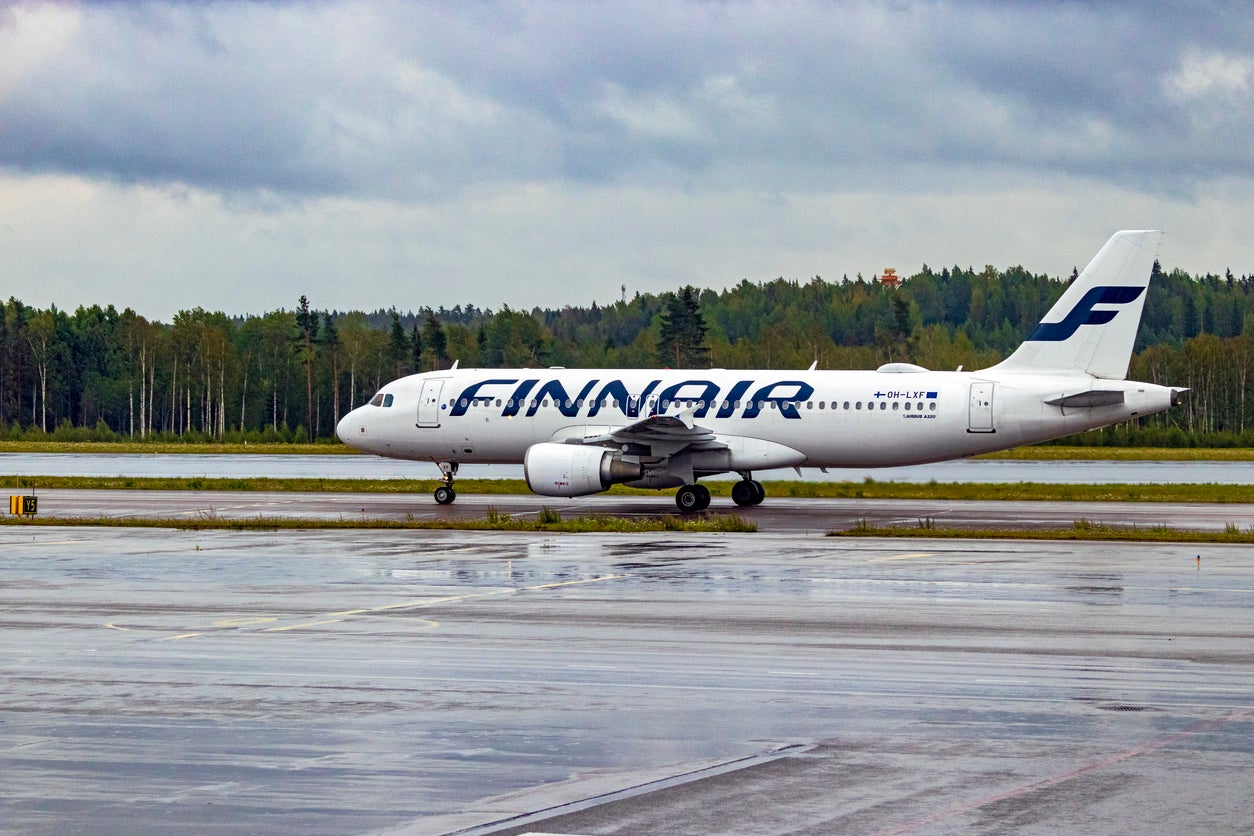Why do airlines need to weigh passengers?
The policy of weighing volunteers has caused some backlash

In early February, Finnish flag carrier Finnair announced that it would ask passengers to weigh themselves at departure gates in Helsinki airport in order to collect data that was needed for “the safe operation of flights”.
The policy, which will be in effect between April and May, is voluntary and anonymous, with the airline stating that the data “will only be used to optimise Finnair’s current aircraft balance calculations”.
In May 2023, Air New Zealand announced a similar scheme, asking around 10,000 passengers to step onto the scales as part of an initiative ensure “the safe and efficient operation of the aircraft”.
But the announcements have experienced some backlash online, with LBC reporting that passengers labelled the data collection “humiliating” and “triggering to people with eating disorders”.
So why exactly might airlines ask passengers to weigh themselves?
Why do airlines ask passengers to weigh themselves?
There are several reasons why airlines need accurate weight data. The main reason is safety – aviation rules state that aircraft cannot take off if they exceed the certified ‘Maximum Takeoff Mass’ that has been specified by the manufacturer.
As it is impractical to weigh every passenger right before take off, airlines gather data on average weight (of both passengers and their hand luggage) in order to determine the total mass of the average flight.
These calculations inform the quality of fuel needed, the flight’s distance range and any potential emergency landing sites. For example, the data collected by Finnair will be used for balance and loading calculations between 2025 and 2030.
The practice is fairly standard within the aviation industry, with many countries’ airline regulators mandating regular updates to data. Airlines can either collect their own data or use official figures from the European Aviation Safety Agency (EASA). Finnish authorities require data to be renewed every five years, and Finnair last weighed passengers in 2018.
What happens to the data?
Passenger data is collected on a voluntary basis, and all data collected is anonymous. Airlines will not link the weights with a customer’s name or booking number, and only the attendant working at the gate will see the figure.
In the case of the data collected by Finnair, it will be sent to the Finnish transport and communications agency later this year, and then will be used for the aforementioned balancing aircraft and loading calculations.
Satu Munnukka, head of ground processes at Finnair, said: “We record the total weight and background information of the customer and their carry-on baggage, but we do not ask for the name or booking number, for example.
“Only the customer service agent working at the measuring point can see the total weight, so you can participate in the study with peace of mind.
“We hope to have a good sample of volunteers, both business and leisure travelers, also this time, so that we can get the most accurate information possible for important balance calculations.”
What are the standard figures?
In 2022, the EASA updated its passenger weight data. It found that the average weight of passengers was 75.6kg, while the average carry-on baggage weight was 7.6kg. Since 2009, passenger weight had risen by 1.1kg and carry-on luggage by 1.5kg.
Join our commenting forum
Join thought-provoking conversations, follow other Independent readers and see their replies
Comments
Bookmark popover
Removed from bookmarks